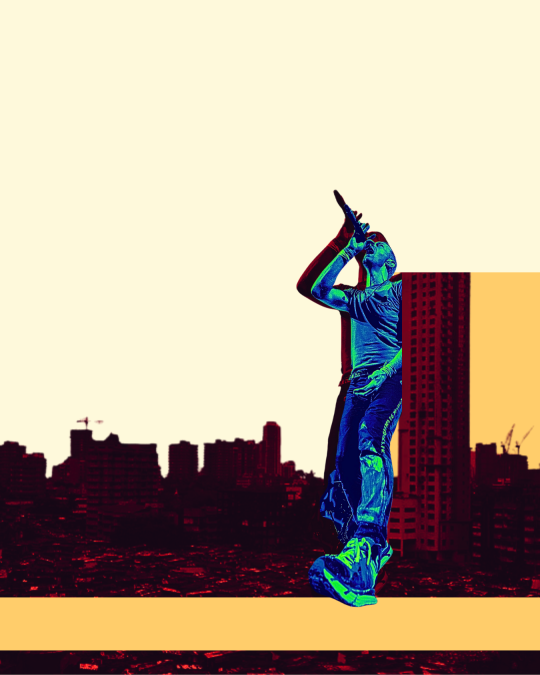The Cultural Logic of Late Capitalism in India
India, once a symbol of the postcolonial, third-world socialist experiment, now finds itself on a similar yet inverted path. While American capitalism has become the most potent and widely accepted system of economic organisation, promising individual prosperity at the cost of deep social fractures, India's socialist beginnings have been viewed by some as a failed project. Yet, the journey from socialism to capitalism in India has fostered a middle class that now embraces a new form of neoliberal corporate capitalism—one that remains firmly entrenched in the old caste hierarchies. In this context, the uproar over Coldplay's concert in India offers a glimpse into the global cultural logic of late capitalism. When tickets for the concert sold out within minutes and were resold at exorbitant prices, the outrage that followed wasn't directed at the glaring wealth inequality that this capitalist spectacle laid bare. Instead, the critique veered toward a nationalist alternative—invoking "desi" pop stars like Diljit Dosanjh. This reaction, while not an exact replica of Jameson's analysis of postmodernism, aligns with Mark Fisher's concept of "capitalist realism", where even opposition or protest is confined within the capitalist framework, offering only cheaper or local alternatives without challenging the broader system.
Cultural Response to Global Capitalism
Capitalism's Divergent Impacts
For the Western Left, capitalism has reached a point where hope for genuine change has faded. Young socialists recognise that any potential reform would merely be a patchwork solution, offering only superficial adjustments to a system fundamentally rooted in inequality. In contrast, Indian youth seem less concerned with questioning capitalism's foundations and are more focused on their own integration into the global capitalist order. However, while American leftists may or may not channel this sense of hopelessness into organised movements against capitalism, the more pressing issue in India is the emergence of a dangerous class—one that stems from capitalism's union with the caste system.
The Dangerous Convergence of Capitalism and Caste
Ultimately, both cosmopolitan and traditionalist factions in India, despite their apparent cultural differences, uphold capitalism in their own ways—whether through the embrace of global consumerism or the defense of cultural nationalism. The rise of this dangerous class not only entrenches caste hierarchies but also exacerbates economic inequality under the guise of neoliberal success. The convergence of old caste-based power with new capitalist privilege presents a profound challenge for India's marginalised, who are now forced to navigate the intertwined forces of both capitalism and caste.
This dual threat, more than any political correctness or cultural debate, represents the true danger facing India today. As capitalism deepens its roots in Indian society, its synergy with caste hierarchy creates a powerful, unyielding class structure that further marginalises the already oppressed. The cultural logic of late capitalism may be global, but its specific manifestation in India reveals a deeper, more insidious alliance—one that threatens to cement both economic and social inequality in the decades to come.

